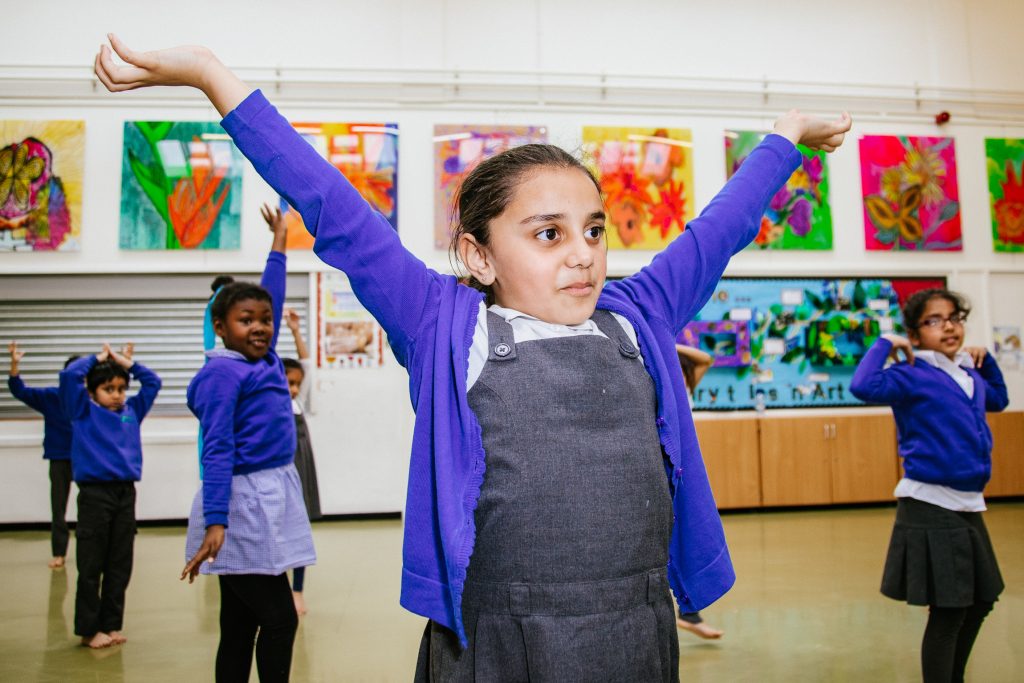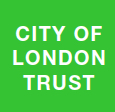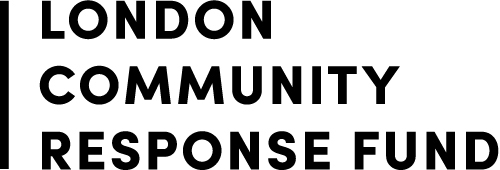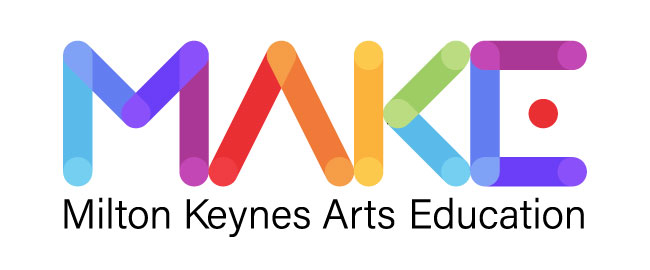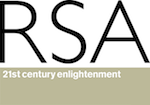Creativity is Essential to a Recovery Curriculum
|
By Carys Owen (Cuckoo), Partnerships and Impact Manager In 1951, the Festival of Britain took place on the Southbank in London. The Festival marked a celebration of Britain’s achievements in arts, science, and industry following the turmoil of the Second World War with the aim of promoting the feeling of recovery. The summer-long festival included arts exhibitions, concert performances, film festivals, and the opening of new buildings, parks, and arts spaces. During the war, singing and dancing in particular, had been a source of happiness and togetherness at a time of great sadness. The arts had brought people together and the Festival of Britain honoured the arts for its contribution to the country’s spirit . Over the past few months the world has changed due to the COVID-19 pandemic. The resulting school closures have meant that many children have been isolated from their teachers and their peers for almost half of the academic year. Children have missed curriculum time, but more importantly than that they have missed social time to interact with their friends, to share and discuss, to play and explore. Whilst there have been incredible opportunities for learning online during this time which will likely revolutionise teaching and learning, this does not make up for the life skills children develop within the school setting. Lockdown for many would have been difficult without some form of the arts – whether that was watching a film or television series, listening to music, learning to crochet, choreographing dances in your kitchen, reading a book, doodling a picture of your dog, or learning to make sourdough bread – we are certain that the arts was an essential part of your lockdown. Now, as teachers prepare for the wider reopening of schools, we believe that the arts are essential as we come back together, to underpin a recovery curriculum and support children’s wellbeing and reintegration into school. Children will need to get used to being back in the school environment, re-learning the rules of how to interact with the space, their teachers and one another. Here are some ideas of how creative sessions can support children going back to school:
When we are back in school, our Artis Specialists are able to tailor their school sessions to support children’s wellbeing, develop spatial awareness, and create a feeling of togetherness through music, drama and dance. In these creative sessions, children are active learning and exploring topics as they are brought to life in front of them by a professional performing arts educator. We want children to feel safe in their school environment and feel confident to participate, share, and communicate with their peers again.
To find out more about Artis and our ongoing learning programme, click to download our brochure or click to contact us. |
22 Jun 2020 |

